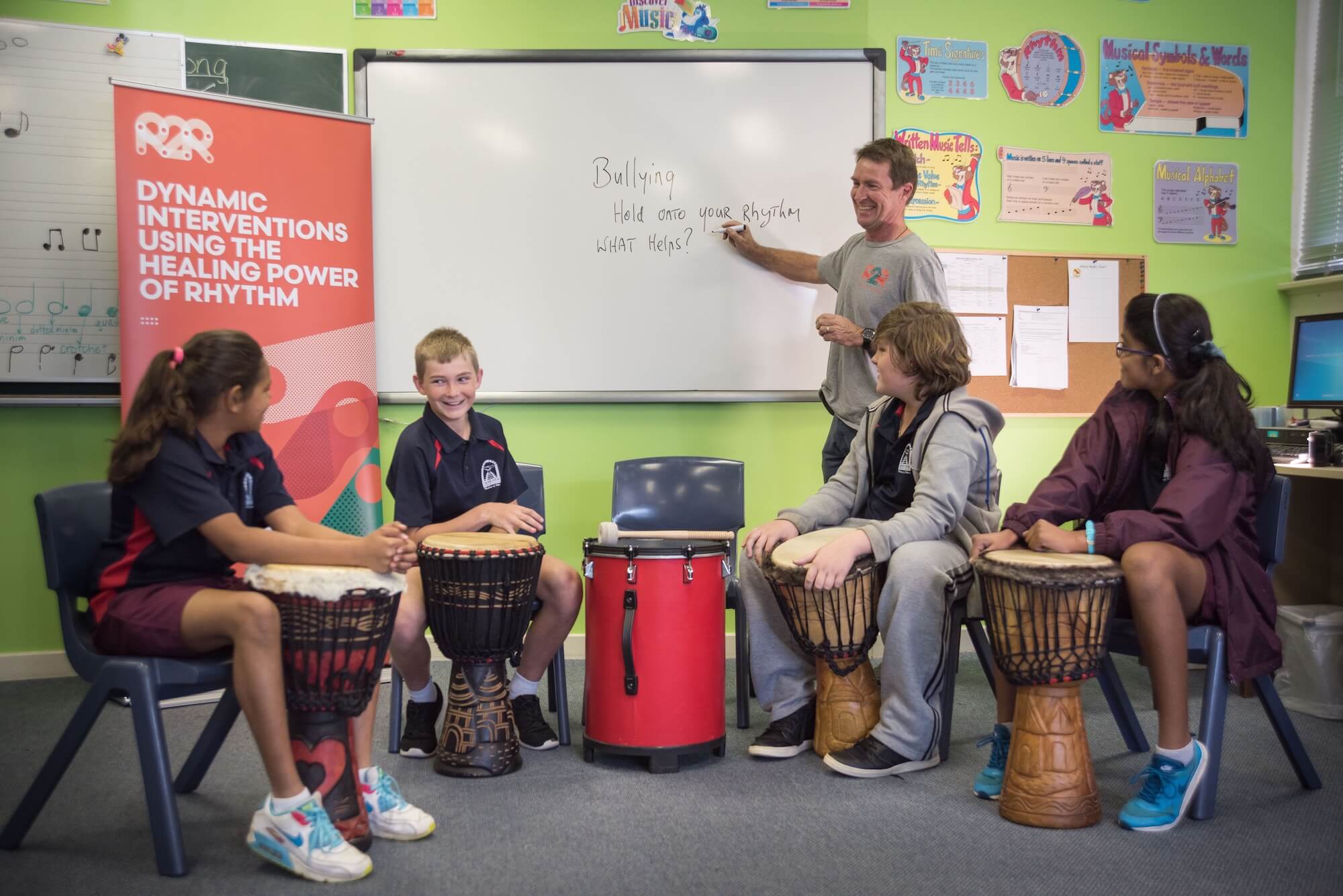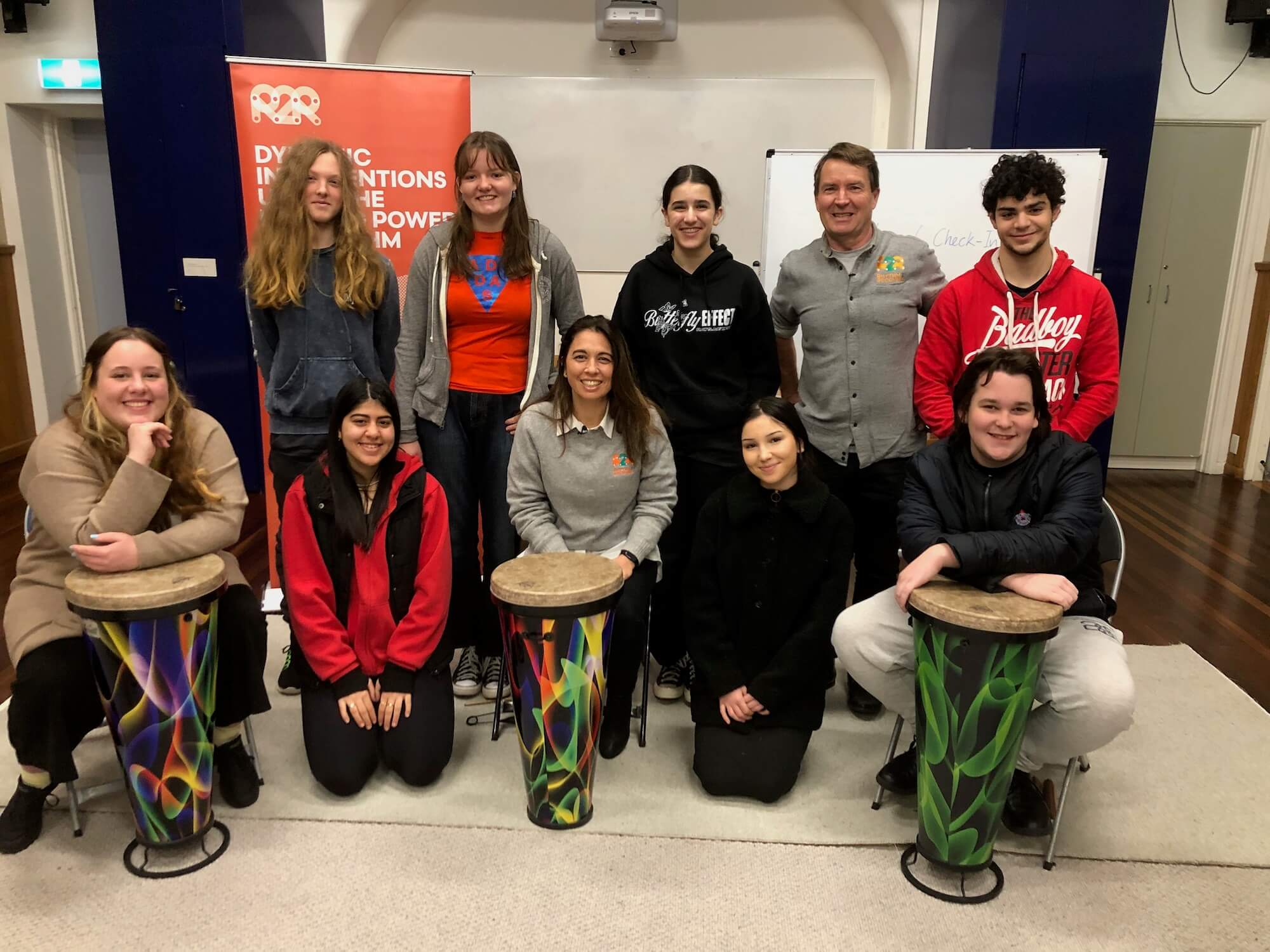
This difference predominantly applies to the role and focus of the facilitator or clinician rather than to any significant changes to the Rhythm2Recovery model and exercises which are designed to both develop resilience and support recovery. The Rhythm2Recovery Facilitator Training workshops we deliver are applicable for professionals working with a wide range of age-groups and presenting issues.
Building Resilience within the Rhythm2Recovery Model involves three Core Strategies.
1. Acceptance – focusing on helping people acknowledge their emotions, thoughts, and experiences without judgment or resistance, instead of trying to suppress or alter them; and where possible learning from them.
2. Self-Belief and Self-Acceptance – focusing on identifying positive character strengths in ourselves and others, and utilising these in facing the challenges life presents us with.
3. Social Support & Nurturing Relationships – developing healthy relationships and social and emotional skills through participatory musical play and discussions with others. Whilst also raising awareness of other avenues of social support.
Back to Home page Back to Courses Page

